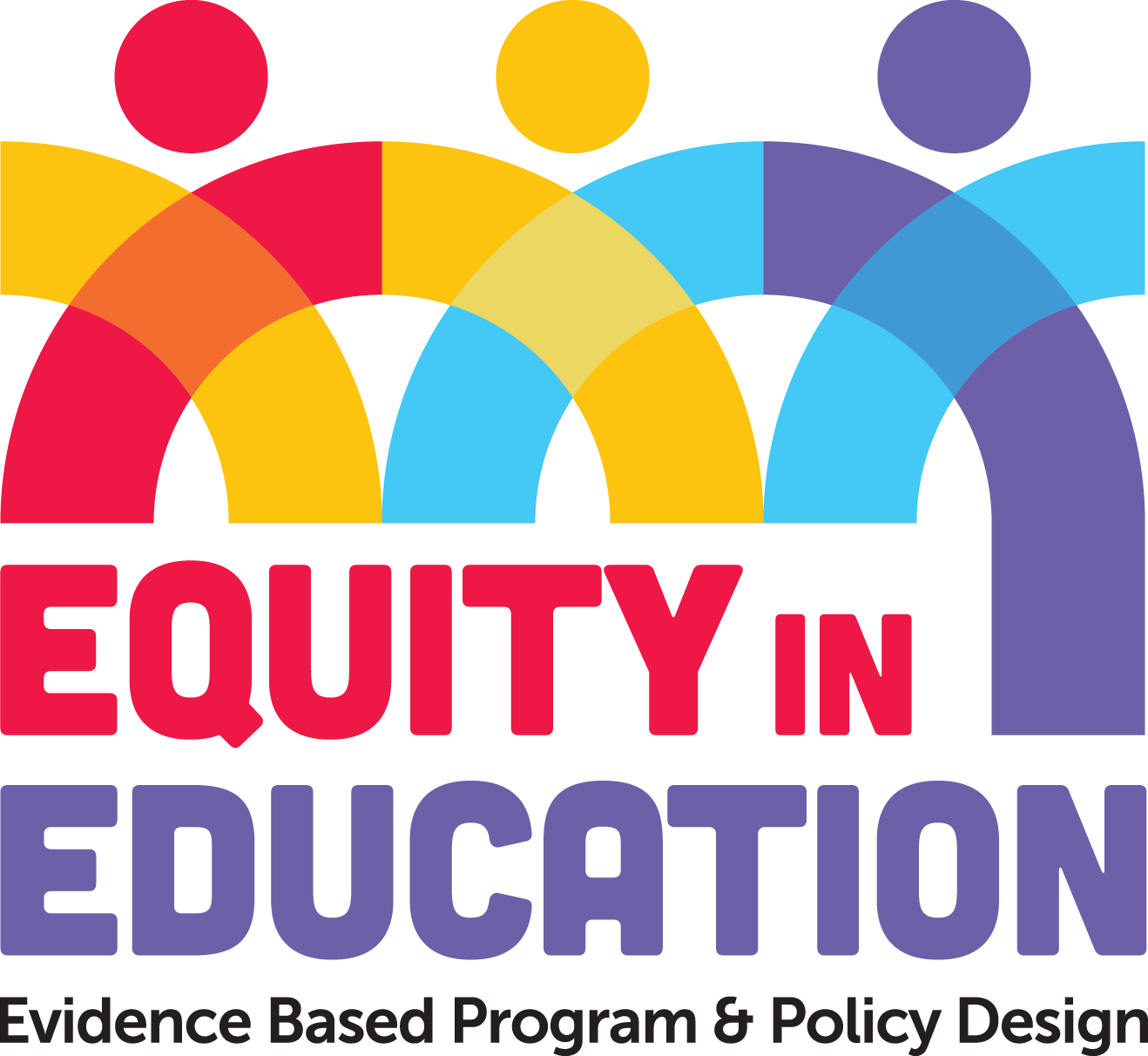A cluster randomized controlled trial of an online professional development program in Brazil
Home-visiting programs are a common and effective public health approach to promoting parent and child well-being, including in low- and middle-income countries. The World Health Organization and UNICEF have identified responsive caregiving as one key component of the nurturing care children need to survive and thrive. Nonetheless, the importance of responsive caregiving and how to coach it is often overlooked in trainings for staff in home-visiting programs.
To determine whether it is possible to enhance home-visitors’ understanding of responsive caregiving and how to coach it, we conducted a cluster randomized controlled trial with 181 staff working in Brazil’s national home-visiting program. We used a computerized random number generator to randomly assign half of participants to take an online professional development course about responsive caregiving immediately and the other half to a waitlist. Individuals assessing outcome data were blind to group assignment.
We conclude a short, online professional development program created moderate to large improvements in home-visitors’ knowledge and intended coaching practices. This suggests that such programs are feasible, even in low-income and rural areas, and provide a low-cost, scalable option for possibly maximizing the impact of home-visiting programs – particularly with regard to parental responsivity, and in turn, child outcomes.
AUTHORS
Funded Project
Intervention Creation
and Testing



